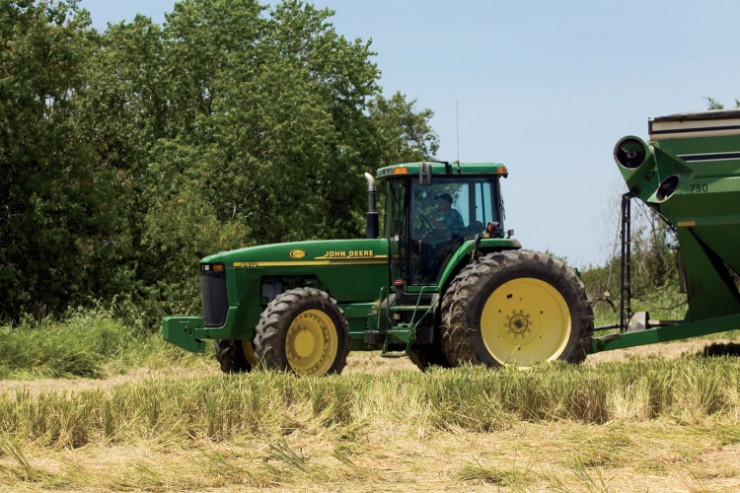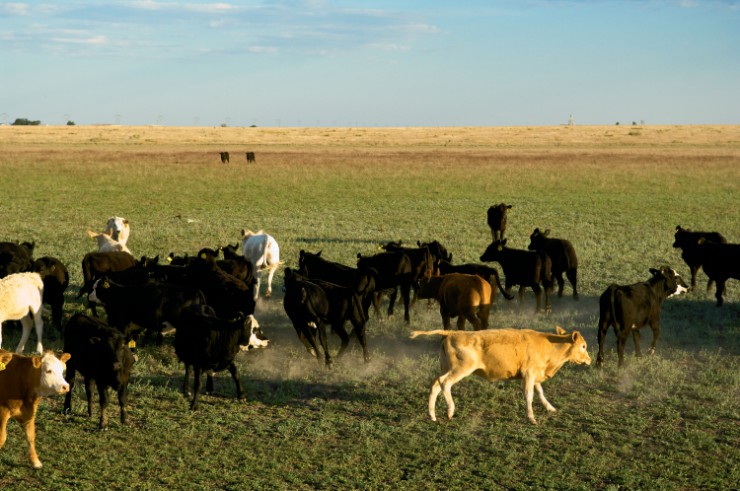Home > Texas > Texas Crops & Livestock > Cultivating Young Ag Careers in Texas
Cultivating Young Ag Careers in Texas
In partnership with: Texas Department of Agriculture

Agriculture is more than a way of life in Texas. It’s also a promising career path. With more than 248,800 farms and ranches covering more than 130 million acres of the Lone Star State, it’s easy to see why Texas is the home of opportunity. Universities across the state are attracting students interested in pursuing agriculture degrees to enter fields ranging from food safety to global trade, as well as to take over family farms.
Texas educational institutions are experiencing record-breaking enrollment in agriculture programs.
“The job market is extremely strong for agriculture graduates,” says Dr. Dean Hawkins, head of the Department of Agricultural Sciences at West Texas A&M University. “Employers desire our ag students because of their work ethic, integrity and ability to perform at a high level, regardless of duties.”
Growing Interest
Enrollment in undergraduate and graduate agriculture programs at West Texas A&M University has increased by 46 percent in the last decade. Other universities in the state also are experiencing record-breaking enrollment numbers.
“Along with the extremely strong job market for these graduates, I believe this increase is in part due to youth leadership programs like 4-H and FFA that are exposing students to the opportunities in agriculture,” Hawkins says.
West Texas A&M is attracting students from outside the state with backgrounds that extend beyond rural communities where agriculture is the main economic driver.
“Students seem to have a broader vision of what they want to do,” Hawkins says. “We get nontraditional students who are not directly from an agriculture background, yet desire the degree and are appreciative of the opportunities in the industry.” Students have attributed this increased interest in agriculture careers with a growing interest from the public who is becoming more concerned about supporting its planet.
“Having a career in agriculture is important because we need to sustain the ever-growing American population,” says Zaria Torres, a Ph.D. student in Wildlife and Fisheries Science at Texas A&M University.
Beyond The Family Farm
More than 98 percent of Texas farms and ranches are family farms, partnerships or family-held corporations, so it isn’t surprising that many young people are training to contribute to their family’s business. However, Hawkins says graduates also are in high demand in other areas of the agriculture sector.
“All segments are growing, but currently, the plant soil and environmental science degree seems to have more opportunities than available graduates to fill,” he says.
Texas A&M University’s College of Agriculture and Life Sciences has 14 departments offering more than 50 agriculture majors, ranging from agriculture economics to international trade, genetics to forensic and investigative sciences, and horticulture to tourism resource management.
“Our graduating students have a broader skill set to offer employers,” Hawkins says. “We are paying attention to the leadership and communication skills more than we ever have in the past, and we are expanding internship and experiential learning opportunities for our students and employers to help build those relationships early on.”




